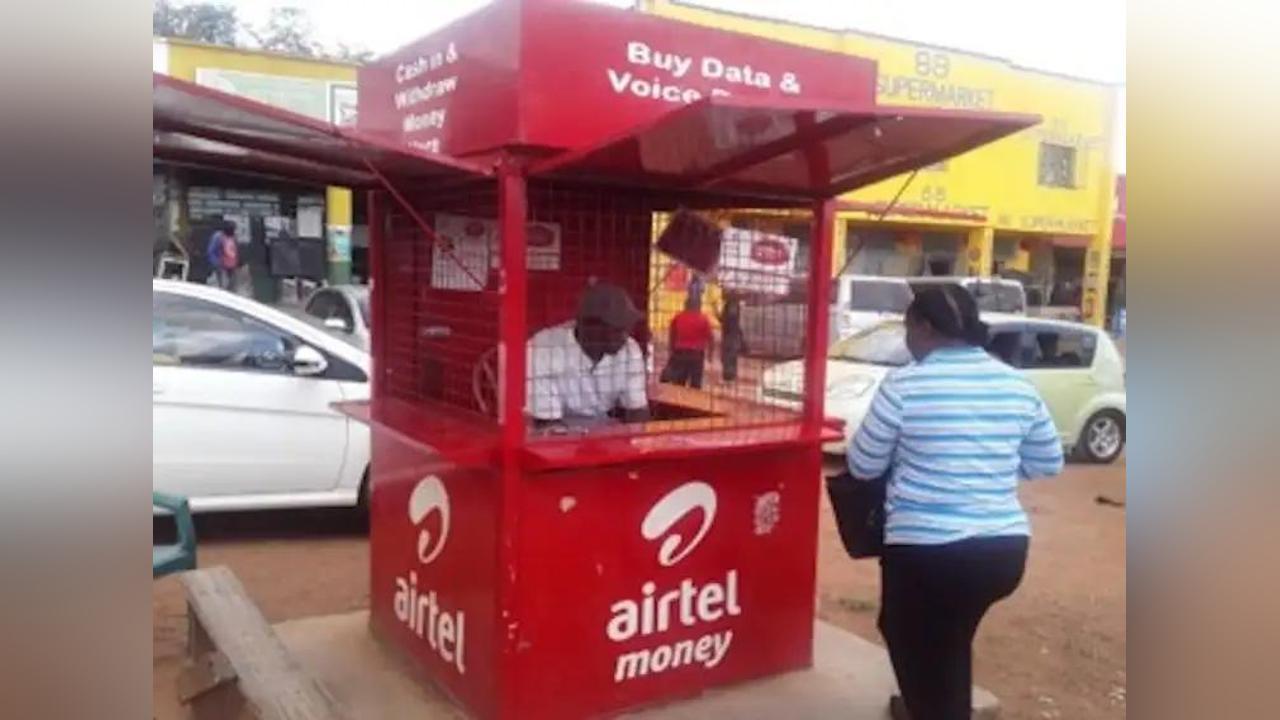Africa-Press – Uganda. Airtel Uganda’s managing director Soumendra Sahu has apologised to customers and promised reforms after days of public uproar over alleged mobile money fraud, in a move welcomed by human rights campaigner and academic Jimmy Spire Ssentongo.
The shift in tone came after the telecom company’s earlier denial of widespread claims of insider connivance in the theft of funds from Airtel Money accounts, a response that only fuelled further anger online.
Last week, Airtel Uganda dismissed social media complaints as “misleading” and “calculated to create needless worry.”
But in a fresh statement issued on August 15, Mr Sahu admitted to customer distress and pledged action, saying the company was “listening, learning, and committing to serve you better.”
“That should be the spirit. Now the action,” Dr Ssentongo, a lecturer at Makerere University who amplified the initial outcry on X (formerly Twitter), remarked in response to the new statement.
Mr Sahu outlined new safeguards, including an embedded Anti-Spam Alert service, a review of SIM card replacement and agent processes, and closer collaboration with law enforcement to hold accountable any staff, partners, or agents found to be complicit in fraud.
“We are working closely with law enforcement to ensure that anyone responsible is held accountable. If you have an unresolved case, please come forward. We are here to listen, to act, and to bring closure,” Mr Sahu said.
He also announced that Airtel would hold nationwide townhall engagements to hear directly from customers and rebuild trust.
The controversy began earlier this month when Dr Ssentongo revealed that his brother’s stolen phone had been used to withdraw money from his Airtel Money account and even secure a loan without his knowledge.
His account triggered a flood of similar complaints from other users, who claimed their accounts had been compromised under similar circumstances.
The uproar forced the Bank of Uganda (BoU) to intervene. Governor Michael Atingi-Ego advised victims to first report complaints to their telecom provider, and if unresolved, escalate them to the central bank.
“If you are not satisfied with their response, escalate it to the Bank of Uganda, especially if it concerns mobile money operations,” Mr Atingi-Ego said in a statement, while stressing that BoU had not yet received unresolved complaints through its formal channels.
Mobile money fraud has long been a sore point in Uganda’s financial landscape. Past scams have included SIM card swaps, phishing messages, fake calls, and collusion at agent points.
While telecoms have introduced verification checks and transaction alerts, the persistence of fraud cases continues to undermine public trust in digital money platforms.
With Airtel now backtracking on its earlier dismissals, the spotlight will shift to whether the company delivers on its promises of stronger accountability and improved customer protection.
For More News And Analysis About Uganda Follow Africa-Press






